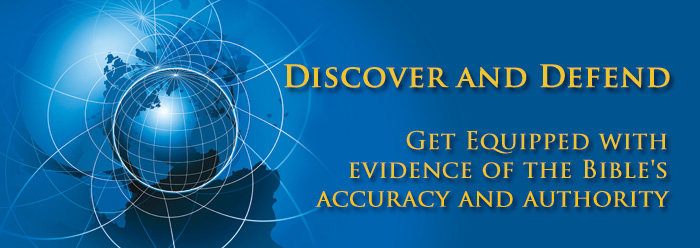Introduction
Colossians
Introduction to Colossians
Colosse had been a significant city in the past, but had deteriorated in importance by New Testament times. Nearby cities such as Hierapolis and Laodicea (Colossians 4:13), especially the latter, had become more significant, though all three had churches planted in them, probably about the time of Paul’s stay in Ephesus. According to the record, Paul himself never visited any of them (though he may have traveled through Laodicea on his way to or from Ephesus (as an important trade highway existed there). It seems probable that Epaphras, one of Paul’s disciples, may have founded these churches while Paul was staying in Ephesus (Acts 19:10; Colossians 1:7; 4:12-13).
The epistle to the Colossians was apparently written at the same time as that to Philemon, both being carried by Tychicus from Rome in connection with the return of Philemon’s runaway slave, Onesimus (see Colossians 4:7-9,17; Philemon 2,10). As noted in the Introduction to Ephesians, it is very likely that Tychicus also brought Paul’s letter to the Ephesians on this trip. Paul was in house arrest at Rome (Acts 28:30) when all three of these epistles were written.
In many respects, Colossians is similar to Ephesians in content and emphasis, although Ephesians is longer and more fully developed in both its doctrinal and practical aspects. However, Colossians seems to have been written primarily to correct an incipient heresy that seemed to be developing in the church at Colosse and possibly spreading to other churches. This heresy was a tendency to compromise with the pagan pantheistic evolutionism of the Greek philosophers, possibly with an admixture of Judaizing legalism.
Many varieties of evolutionary philosophy thrived in the Graeco/Roman world of the day (Epicureanism, Stoicism, Gnosticism, etc.), but the essential basis of all of them was denial of the true transcendent Creator God of the universe. Hence in the Colossian epistle Paul was led to formulate the greatest Christological passage in the entire Bible (Colossians 1:16-20), setting forth Jesus Christ as Creator, Sustainer and Reconciler of all things in heaven and earth. He then went on to insist that all wisdom and knowledge were centered in Christ (Colossians 2:3) and to warn against all human philosophy (Colossians 2:8).
As far as the authenticity of Colossians is concerned, practically no one, ancient or modern, has questioned its Pauline authorship. Paul identifies himself as author (Colossians 1:1; 4:18) in both the opening and closing verses. Even though he had never visited either the Colossian or Laodicean churches in person (Colossians 2:1), he knew many of the members, as well as those of his own followers who had visited there (e.g., Aristarchus, Epaphras, Luke, Demas). The mention of so many people by name in Colossians 4:7-17 helps still further to confirm the authenticity of Colossians.
The book of Colossians is relatively brief, with only four chapters, but it is very important, with its uniquely powerful and vital presentation of the person and work of Jesus Christ—a message probably more urgently needed in our day than even in Paul’s day.








